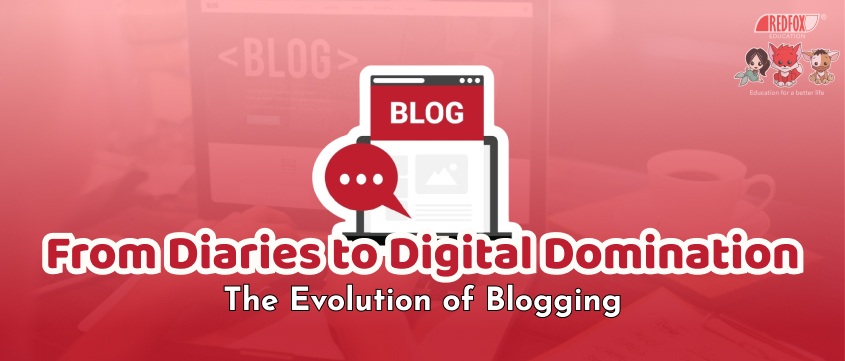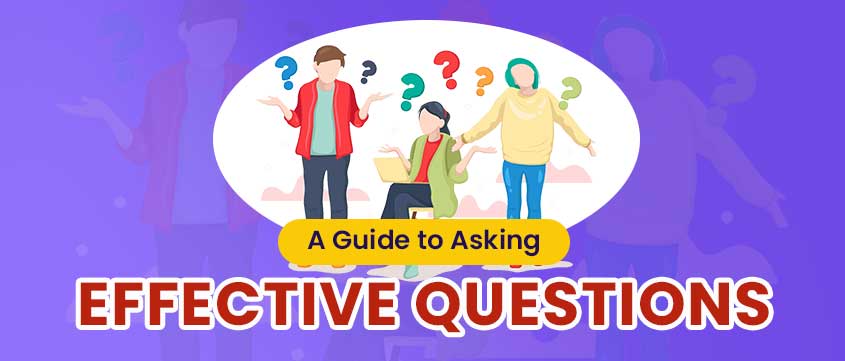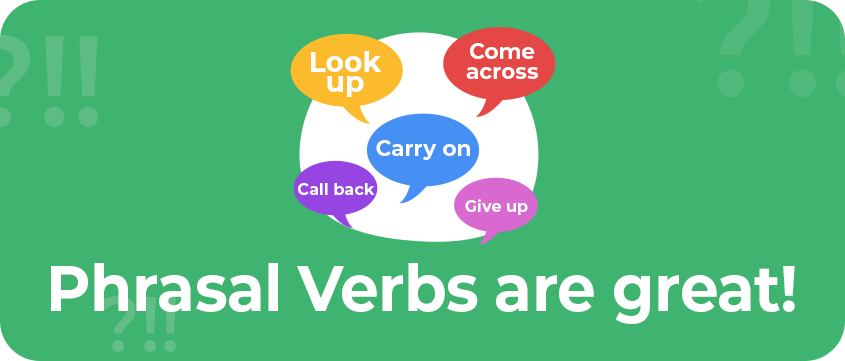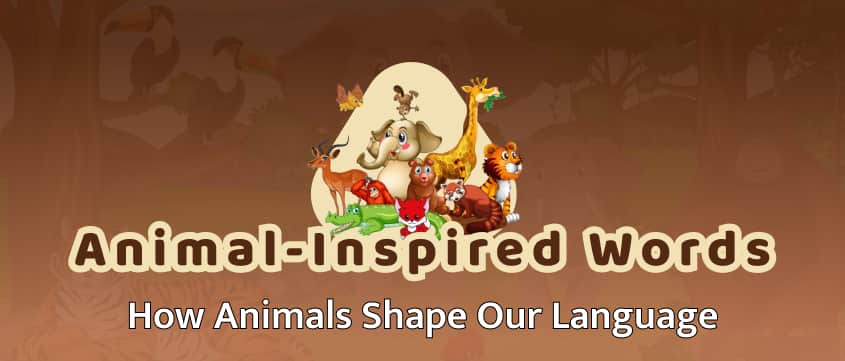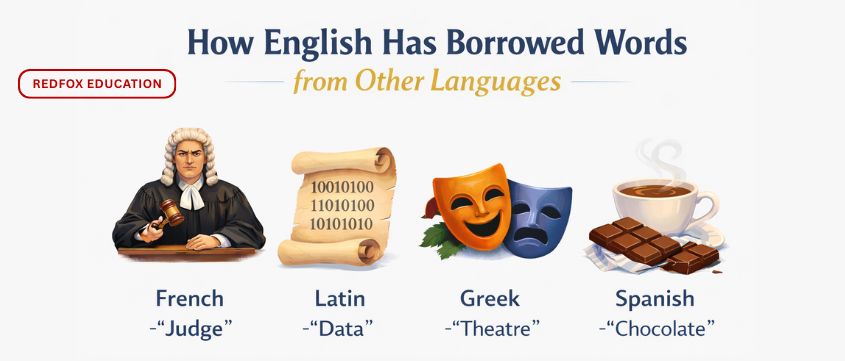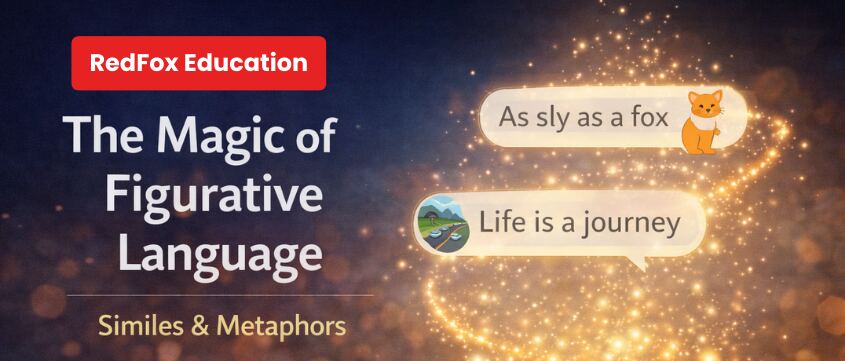Blogging has come a long way since its inception in the 1990s. What began as a simple online journal or diary has evolved into a powerful tool for personal expression, information sharing, and even business promotion. Understanding the history of blogging helps to appreciate how this medium has shaped the internet and digital culture as we know it today.
The term "blog" is short for "weblog," a combination of the words "web" and "log." The first recognizable blogs emerged in the mid-1990s, when individuals began using the internet to share their thoughts and experiences in a more public way. Early examples like Open Diary, LiveJournal, and Blogger allowed people to post their personal reflections, much like online diaries. These blogs were initially simple, with limited functionality, but they laid the foundation for the blogging culture we know today. Blogs were often focused on personal life updates or sharing random thoughts, and they were mostly read by close friends or a small community.
As the internet continued to evolve, so did blogging. By the early 2000s, blogging began to take on a more professional and community-oriented role. People started using blogs to share niche interests and expertise. Topics such as technology, fashion, food, and travel found dedicated blog spaces. This period marked the beginning of what we now consider "content creation," where bloggers were no longer simply journaling but creating valuable content for an audience. The rise of blogging platforms like WordPress and TypePad made it easier for people to create and manage blogs, while the introduction of RSS feeds allowed readers to subscribe to blogs and receive updates automatically. This made blogs more accessible to a wider audience and laid the groundwork for the growth of digital communities.
The mid-2000s saw an explosion in the popularity of blogs, as people began to recognize the power of this new form of communication. Blogging was no longer just for hobbyists or self-expression—it was becoming a business. Many bloggers started earning money through advertising, sponsored posts, and affiliate marketing. With the rise of Google AdSense and other monetization strategies, blogging became a viable career option. This shift in blogging culture gave rise to a new kind of influencer, the "professional blogger," who could leverage their online presence for profit. These bloggers often turned their blogs into full-fledged businesses, offering products, services, and collaborations with brands. As blogging became more commercial, it began to influence industries ranging from fashion to technology, creating a new era of online marketing and digital advertising.
In the 2010s, blogging continued to evolve alongside the rise of social media platforms. Social media like Facebook, Twitter, and Instagram provided new channels for bloggers to promote their content, interact with readers, and build larger audiences. Microblogging became more popular, with users sharing shorter posts on platforms like Twitter and Tumblr. While traditional blogs remained important for long-form content, social media helped bloggers reach more people quickly and effectively. This synergy between blogging and social media also led to the creation of "vlogging" (video blogs), which allowed bloggers to engage their audience through video content on platforms like YouTube. These new forms of digital communication further solidified the role of blogs in the internet landscape.
Today, blogging remains a vital part of the digital ecosystem. While social media platforms and new technologies like podcasts and video content have shifted the way people consume information, blogs continue to be an important space for in-depth discussion, storytelling, and expertise sharing. The future of blogging is likely to be shaped by advancements in technology, including artificial intelligence, interactive media, and virtual reality, making it an exciting field to watch. Whether for personal expression, creative writing, or digital marketing, blogging has undeniably transformed how we communicate and share knowledge in the modern world.
Nov 13, 2024 | English | No Comments
